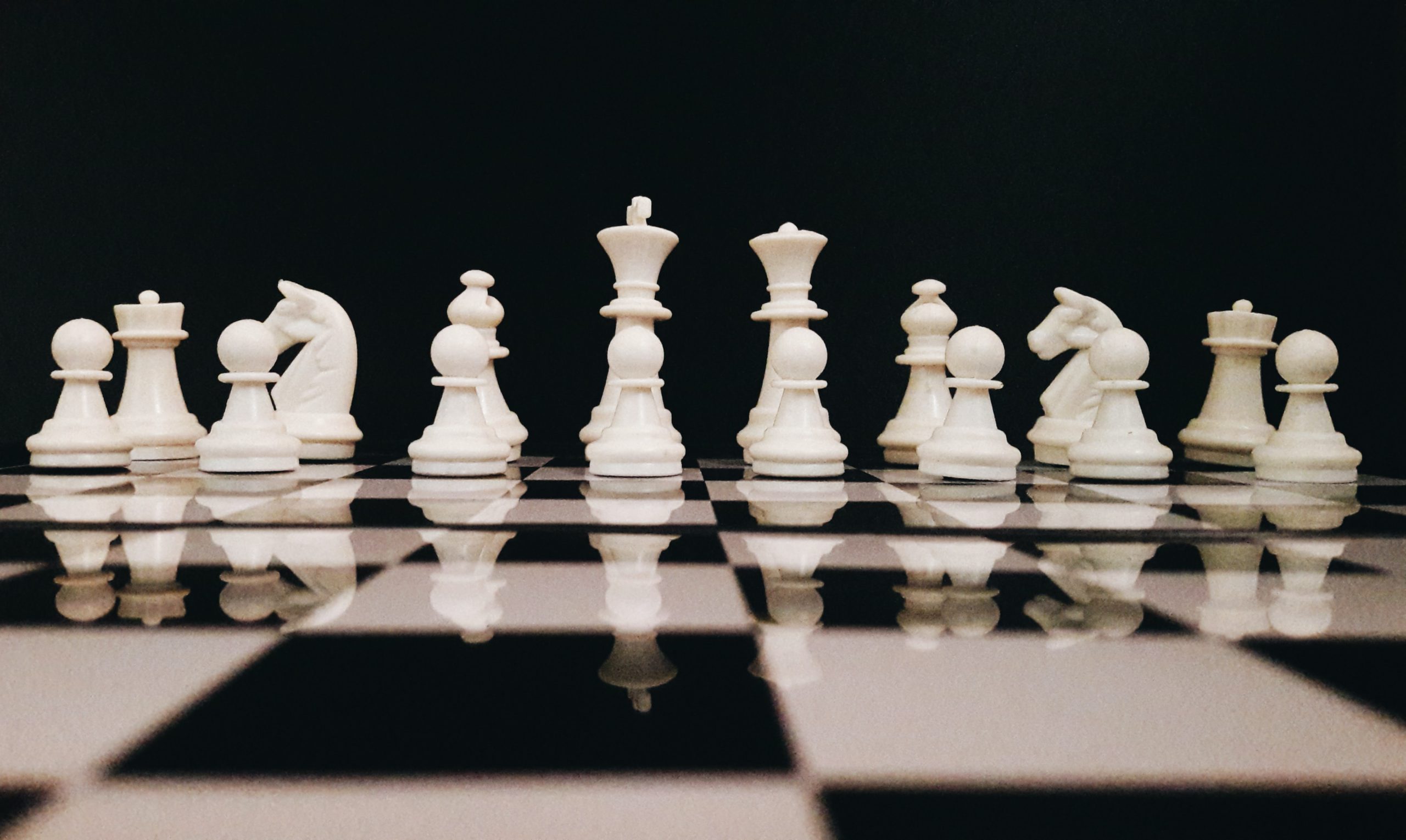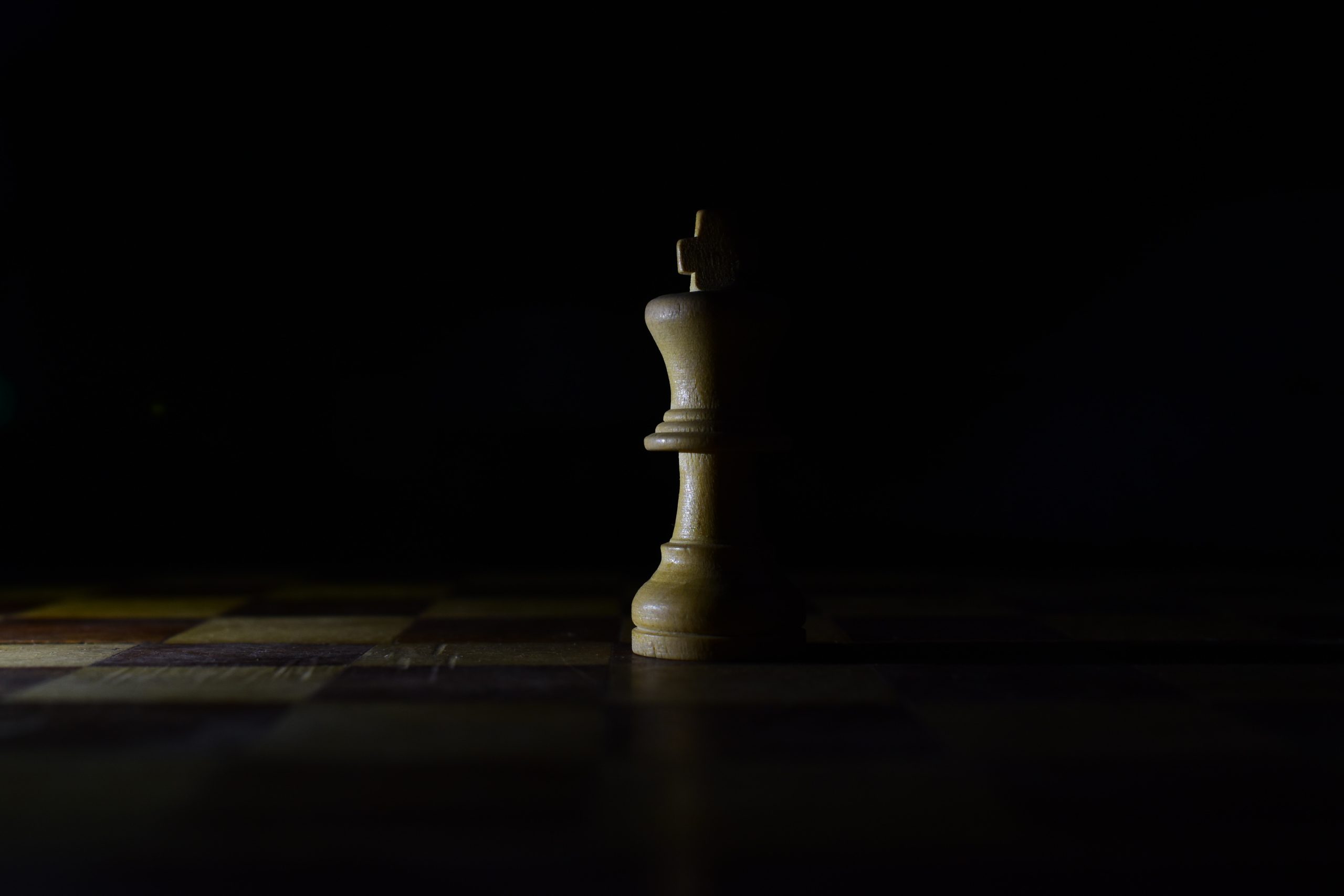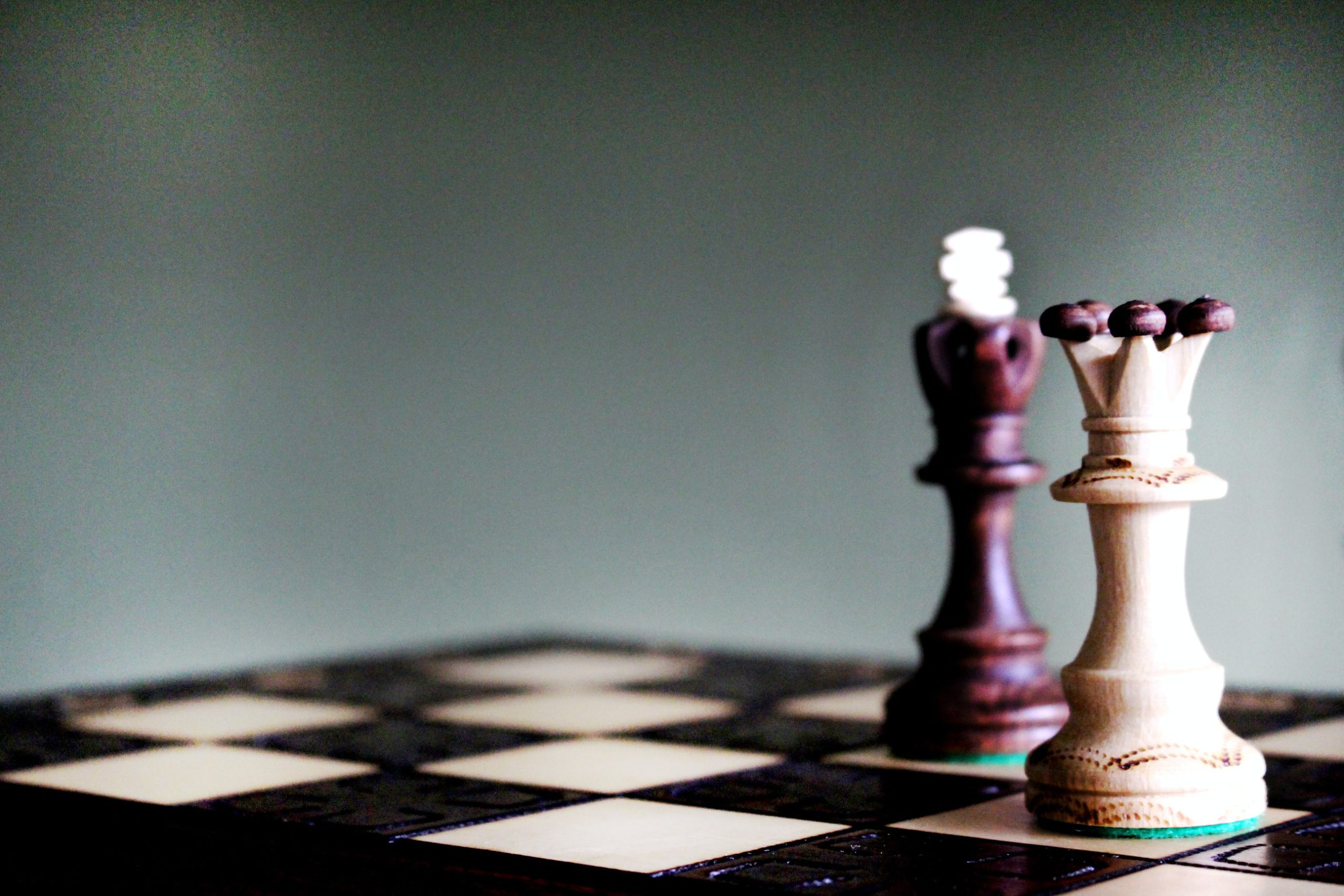The History of Chess
One of the oldest, longest-lasting games the world has seen is the abstract strategy game known as chess. Chess is an intense game of strategy, forethought, and insight. A good chess player plans their moves, trying to stay one step ahead of their opponent at all times. It’s a battle of wits that requires focus and attention to detail at every turn. With all its complexities, it should come as no surprise that chess has evolved. The history of chess is one shrouded in mystery and intrigue. Even in the 21st century, the question of who invented the game of chess remains unanswered.
Earliest History
Chess was once a very different game. The history of chess reportedly began in India, sometime around 600 A.D. It looked much different back then.
Known as chaturanga, the game was played on an uncheckered board with four people, dice, and symbolic carvings that likely had nothing to do with the game itself. While the exact rules are unknown, the objective was the same: checkmate the opponent’s king.
Learn Chess Online
Meet Amphy
The largest marketplace for live
classes, connecting and enriching
humanity through knowledge.





